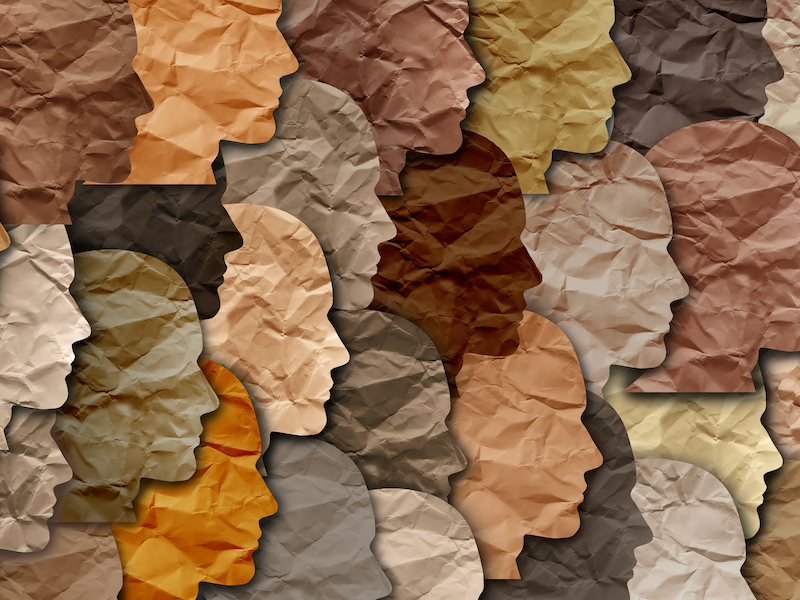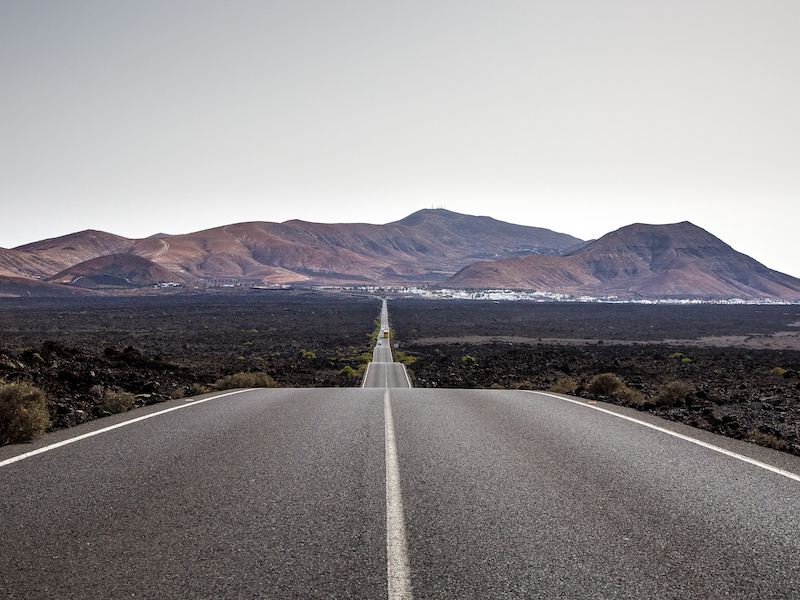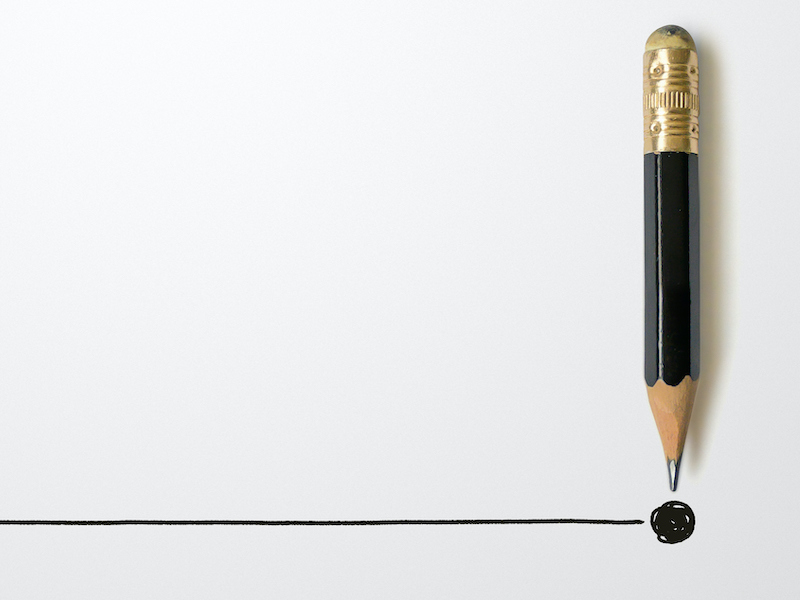Leadership for the Greater Good:
Global Thought Leaders Explore Today's Challenges
ILA’s blog launched in March 2020 amid a world struggling to make sense of the pandemic, racial inequality, and challenges to democracy. We charge our bloggers to apply their leadership knowledge and practical wisdom to inform and inspire us as we continued our work of advancing leadership knowledge and practice for a better world. Bloggers include authors from 12 countries spanning 5 continents.

If you find these reflections to be of value in your work and life, please consider becoming part of ILA’s leadership community. Join Today!

A Model for Pandemic Leadership: Lessons Drawn From New Zealand’s Response to COVID-19
What are the lessons we can learn from New Zealand’s remarkable success in responding to COVID-19? This cogent analysis points to their clarity of purpose in minimizing harm to lives and livelihoods and three key leadership practices – being led by expertise, mobilizing collective effort, and enabling coping.

The Coronavirus Crisis and Leadership in Business
Fifty years ago, Milton Friedman asserted that the social responsibility of business was only to increase its profits, within the law. This mantra, with its focus on the short term, gained a strong hold on much of business practice and continues to guide leadership decision-making in response to COVID-19.

An Ontology for Public Kinship as a Leadership Platform
As we think how to open the country, we ask: How will we know what is safe? How will we structure the workplace? How will we educate our children? We need to give as much thought to what we will reimagine, or even just imagine, as the common good in American life and our relationships – one human to another.

The Global Pandemic: A Trigger for Deeply Systemic Disruptive Social Innovation? Or an Inevitable Global Apocalypse?
Our political, social, and economic ideologies and institutions are not adequately dealing with global wicked problems. Leadership must start and sustain courageous leadership conversations, or we will not make progress towards solving these growing problems and the probabilities for an apocalyptic end increase.

The Fall of Edward Colston and the Rise of Inclusive Place-Based Leadership
The killing of George Floyd by a police officer in Minneapolis, USA triggered a wave of protests about racial inequality across the world. In Bristol, UK, it led to the toppling of the statue of Edward Colston, a 17th-century slave trader. The response to these and other events show us that we have much to learn about the nature and purpose of good leadership in contemporary society.

Intellectuals of the World, Please Unite
Ill-informed decisions wreak havoc to our economies and societies. Intellectuals in academia have a duty to engage in the public debate, to describe how they see the problems, create new ways of dealing with them, and challenge what we take for granted. It is time to stretch what is impossible and unthinkable!

The Fire Next Time
We are fighting the fires caused by an eruption of the collective shadow, of what has been repeatedly suppressed and ignored for decades; some would say centuries. The flames will once again be quelled and when they are, we must not breathe a sigh of relief. It will just be the beginning of the real work.

Racism and The Bystander
Officers Thao, Keung, and Lane stood by passively while George Floyd desperately pleaded to breathe and live. These bystanders should have had the psychological capacity to intervene and save his life. Why didn’t they act? The focus of our national conversation must be on them – for they are us.

Leadership in a COVID Context: Denial, Salvation, and Adaptation
We often hear that we are living in an unprecedented time. But there is nothing unprecedented about the sudden onset of life-threatening, systems-shaking shocks. Leadership of denial or salvation are common responses, but with care and thoughtfulness, a third kind of leadership may emerge: leadership of adaptation.

Dialogue at the Edge of Crisis
Words matter. They can create a worldview, manipulate thoughts and actions of people in a certain direction, and are often emotionally destabilizing. How do we cultivate the capacity to choose the right thing, the morally good thing, despite external pressure towards the opposite, especially in extreme circumstances?

The Power of Story in a Time of Crisis and Potential Social Renewal
We are experiencing an economic and health crisis. There is no savior who will rescue us from these crises or from ourselves. Achieving a positive outcome is up to all of us. We all need to be leaders and face tough realities without getting dragged down by the kind of fear that brings out our lesser angels.

Leadership in Crisis: Views from a Southern Sh#thouse Country
Discussions of leadership for the new normal often implicitly assume that we all share the same old normal. Yet poverty, inequality, and unemployment greatly impact our starting point. As COVID-19 increases these issues worldwide, what strategy will enable us to transition to a transformed “abnormal new normal?”

